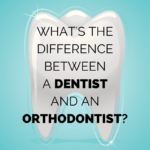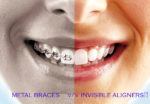Crooked teeth can be a real blow to self-esteem. Unusually placed teeth are considered ugly and can make a person feel inferior. A lot of people freak out at the thought of getting braces. Some teenagers often refuse to wear braces because of the discomfort and change in appearance. 
Childhood is considered the best time to fix one’s teeth and put corrective measures in place. This is because the growth and formation of teeth in this age can be tracked easily. Stained, broken and misaligned teeth are some of the dental problems people face.
With right information and guidance, getting braces can be like strolling in the park. It’s imperative to take a closer look at the facts about braces and some basic things you should know before you commit for an orthodontic treatment.
11 Key Aspects to Be Aware Of Before Opting for Braces
- There are a number of adults opting for braces to get the benefits of straightened teeth and to feel more confident.
 You can choose to get braces at any age as long as you have healthy teeth and gums. Furthermore, dental braces are not recommended for someone with weakened gums and poor dental health as it may lead to future complication. The best time, however, is childhood.
You can choose to get braces at any age as long as you have healthy teeth and gums. Furthermore, dental braces are not recommended for someone with weakened gums and poor dental health as it may lead to future complication. The best time, however, is childhood. - Dental braces are not just meant for straightening the teeth. An orthodontist may also carry out a detailed examination of the mouth for issues like crowded teeth, gaps in the gum line, and impacted teeth. For these problems also, the orthodontist might recommend braces.
- Your orthodontist will examine your ‘bite’ to analyze if you have a healthy one. Abnormal bite can lead to TMJ problems which should be treated at earlier stages. This is possible with the help of braces.
- Orthodontists are specially trained to check dental movements and proper functioning of jaw bones. If they find an anomaly, the orthodontist will fit the braces to fix the jaw bones.
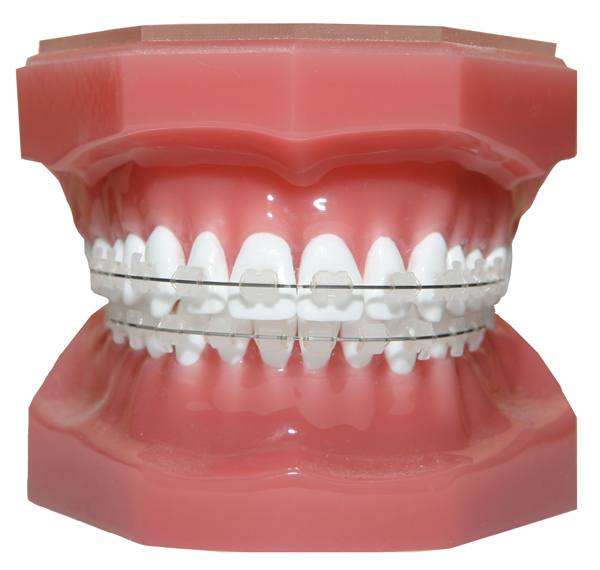 5. Young people want dental braces to blend in with teeth. Invisible bracket braces (or ceramic braces) though very popular in teenagers are not suitable and should be avoided. It can be difficult to align the teeth using these brackets. Also, they can damage the enamel when removed since these ceramic braces are very hard.
5. Young people want dental braces to blend in with teeth. Invisible bracket braces (or ceramic braces) though very popular in teenagers are not suitable and should be avoided. It can be difficult to align the teeth using these brackets. Also, they can damage the enamel when removed since these ceramic braces are very hard.
6. Dental braces are a costly treatment option so it’s always better to go for dental membership plans to meet the expenses.
7. The average time duration to straighten your teeth and fix your bite can be 2 years or even more. Hence, be patient.
8. The average cost of orthodontic treatment varies from 3,000$ to 6,000$. It is very important that you read your contract thoroughly before signing your treatment plan. Your contract is a binding legal document with your dentist so it is vital to go through terms and conditions.![]()
![]()
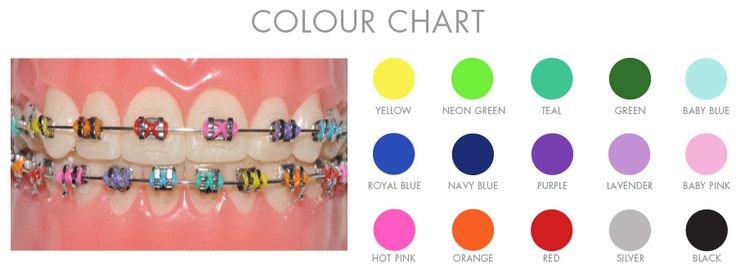
9. It is important to maintain a good oral hygiene throughout the treatment. You will need to brush your teeth after every meal to prevent food from getting stuck between your brackets.
10. Know and inform about your allergy or sensitivity to any substance to your orthodontist. Some people are allergic to nickel, latex, plastic retainers, etc. which are found in some brackets and wires.
11. Last but not the least, getting used to braces is not a pain-free process. There can be issues with chewing and speaking in the beginning. The process is long and tiring but always keep an eye on that end goal – “A Perfect Smile”
The Post Treatment Process
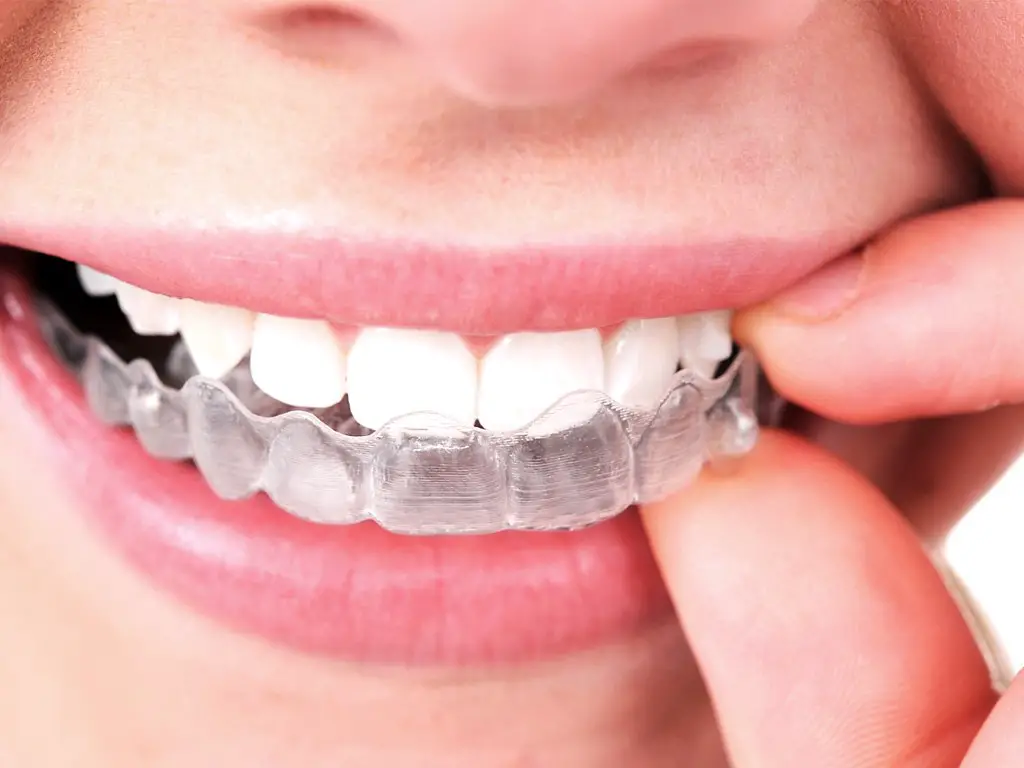 After your braces come off, your orthodontist will make a set of retainers for ensuring that your teeth do not move at all. To do so your orthodontist will make a mold of your mouth and produce a set of retainers. You will need to wear these retainers 24*7 for the first 6 months and then switch to wearing at night while sleeping. These retainers will play a vital role in preventing your teeth from moving back to the old crooked positions. Ensure that your retainers stay in place and for any abnormal experience, consult your orthodontist.
After your braces come off, your orthodontist will make a set of retainers for ensuring that your teeth do not move at all. To do so your orthodontist will make a mold of your mouth and produce a set of retainers. You will need to wear these retainers 24*7 for the first 6 months and then switch to wearing at night while sleeping. These retainers will play a vital role in preventing your teeth from moving back to the old crooked positions. Ensure that your retainers stay in place and for any abnormal experience, consult your orthodontist.
A Regular Visit to The Dentist Is Important
Dental studies have evolved in recent years and the same has given rise to new techniques in the industry. Modern techniques make the process less tangible, yet prevention is better than cure. Every tooth of yours is worth diamonds. It is very important for everyone to visit the dentist regularly so that any signs of trouble can be treated in the earlier stage before they turn out to be a major problem.
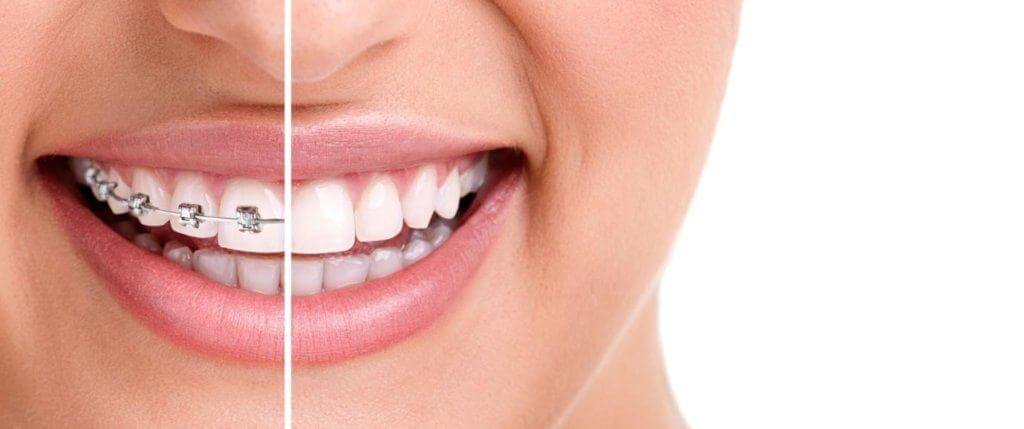
In case you need more encouragement to take care of your teeth, remember what William Shakespeare had to say about toothache –
[pullquote align=”left”]There was never yet philosopher that could endure the toothache patiently.[/pullquote] [divider style=’centered’] You can choose to get braces at any age as long as you have
You can choose to get braces at any age as long as you have 


